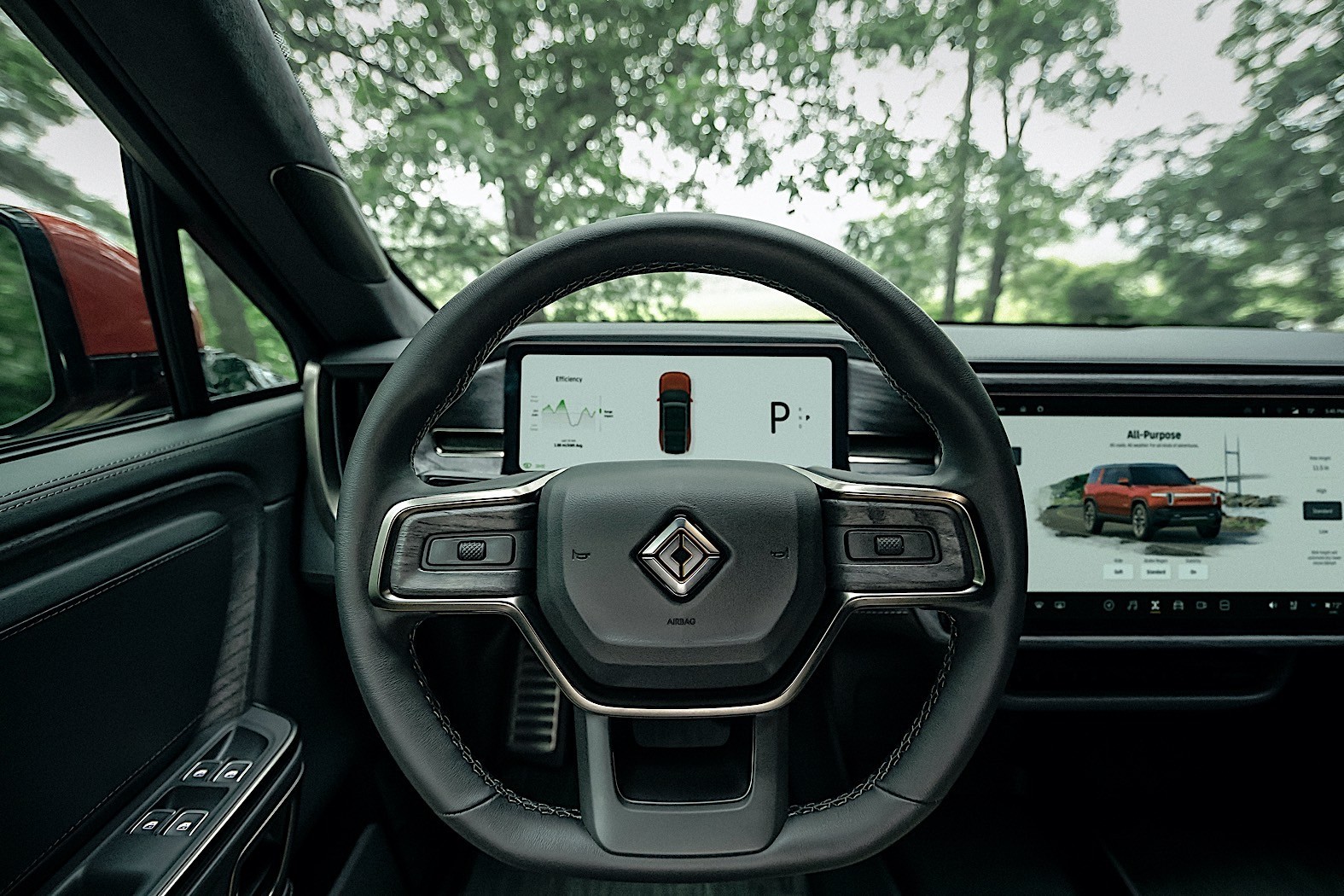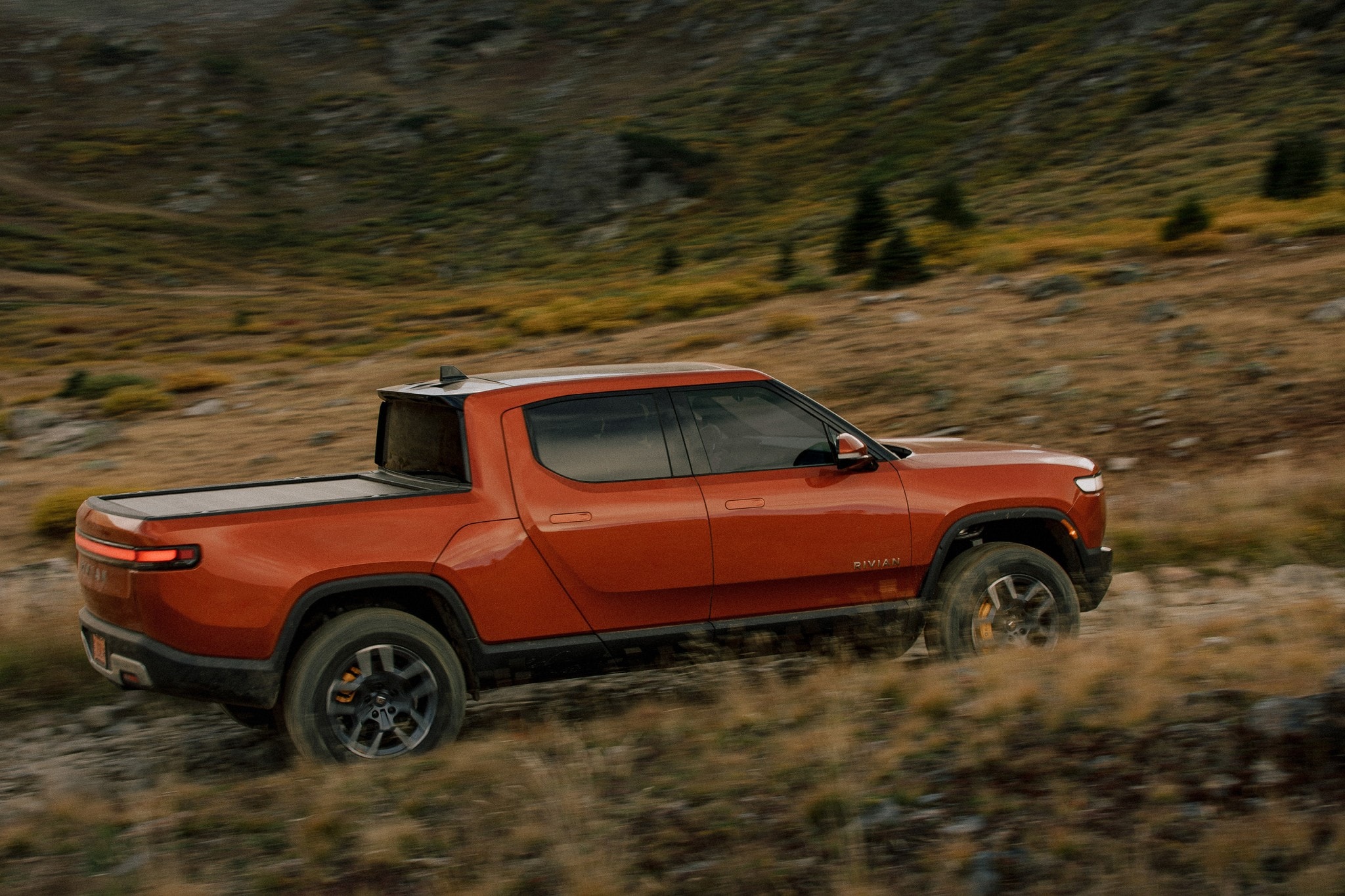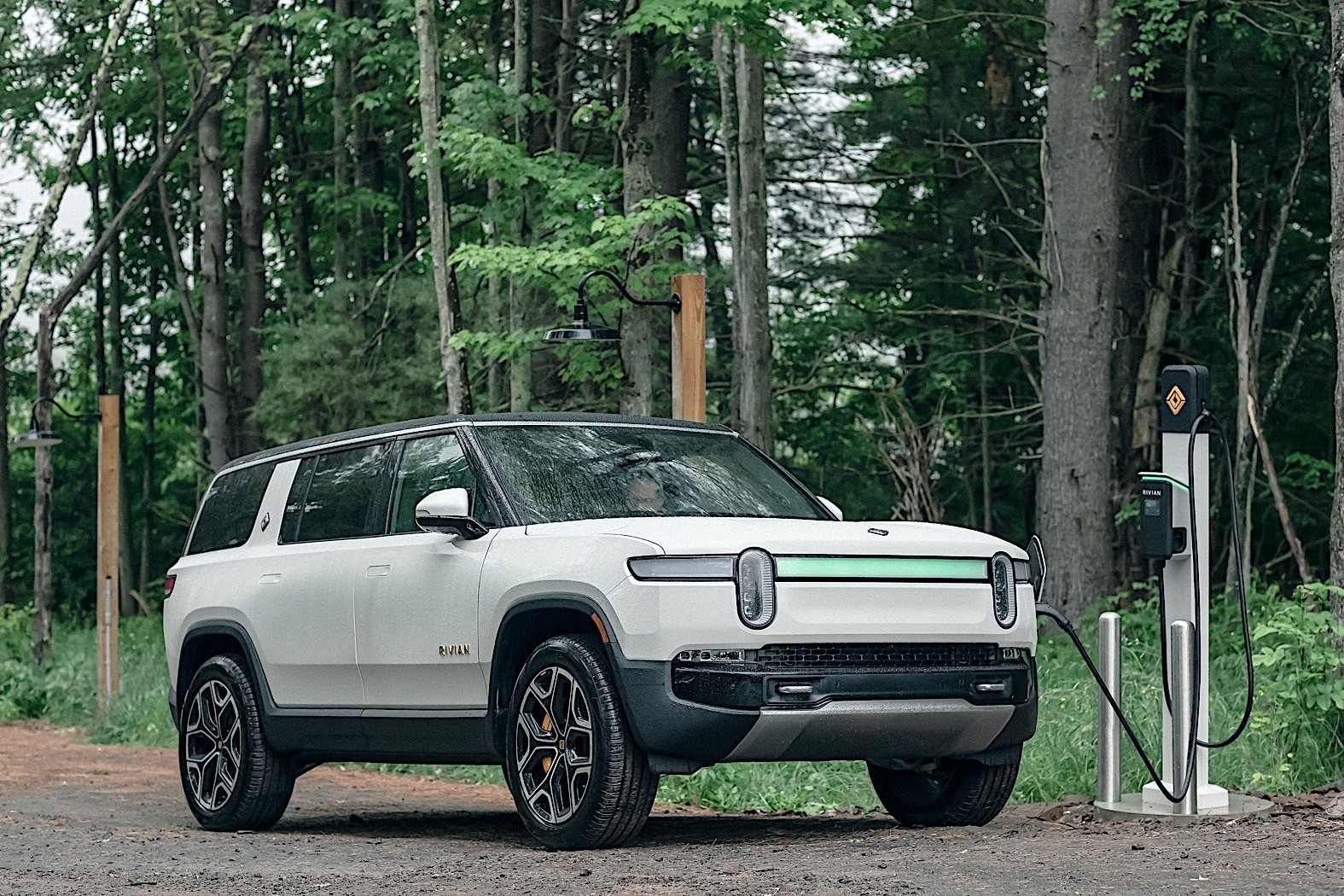Electric vehicles, renowned for their serene driving experience, have often faced challenges related to noise and vibration. One such issue, particularly prominent in early Rivian R1S and R1T models, was the excessive noise and vibration produced by the air conditioning compressor.
This problem, exacerbated by design and manufacturing missteps, significantly impacted the driving comfort for many owners. To rectify this issue, Rivian has issued a service bulletin for 2022-2024 R1S and R1T vehicles. This bulletin outlines a solution that addresses the root cause of the noise and vibration, providing relief to owners who have been experiencing discomfort.
While the second generation R1 vehicles, with their redesigned air conditioning compressor placement, have already incorporated measures to prevent this issue, the service bulletin offers a remedy for those who have been affected by the problem in their first-generation models.

Rivian’s proactive approach to addressing this issue demonstrates its commitment to customer satisfaction and continuous improvement. By providing a solution to the air conditioning noise problem, they have taken a significant step towards ensuring a more enjoyable and refined driving experience for their customers.
As the electric vehicle market continues to evolve, manufacturers need to prioritize addressing such issues to maintain customer trust and satisfaction. Rivian has successfully addressed the noise and vibration issues plaguing its first generation R1S and R1T electric vehicles.
By identifying the root cause of the problem in the design of the air conditioning lines and wiring harness, Rivian has been able to implement a comprehensive solution. The company has instructed its service centers to install brackets on the AC lines to prevent vibrations and reroute the wiring harness to minimize noise and vibration within the cabin.

This proactive approach demonstrates Rivian’s commitment to customer satisfaction and its ability to learn from challenges. While the noise and vibration issues may have been initially frustrating for owners, the company’s swift response and effective solution have restored confidence in Rivian’s engineering prowess.
The incident serves as a valuable lesson for both Rivian and other emerging automotive manufacturers. It highlights the importance of rigorous testing and evaluation during the development process to anticipate and address potential design flaws. By learning from this experience, Rivian has strengthened its engineering capabilities and is better equipped to deliver high-quality, reliable electric vehicles in the future.

